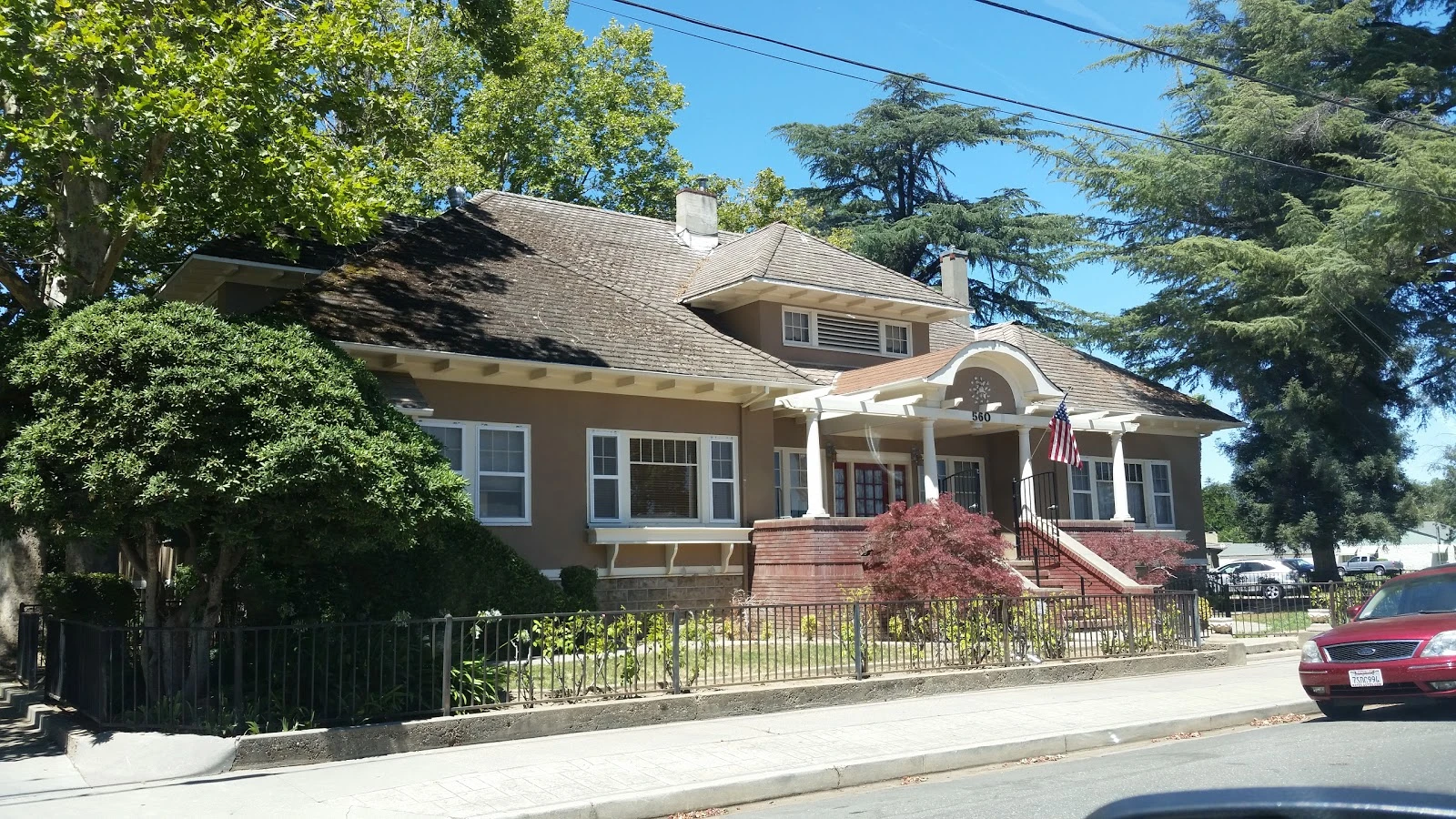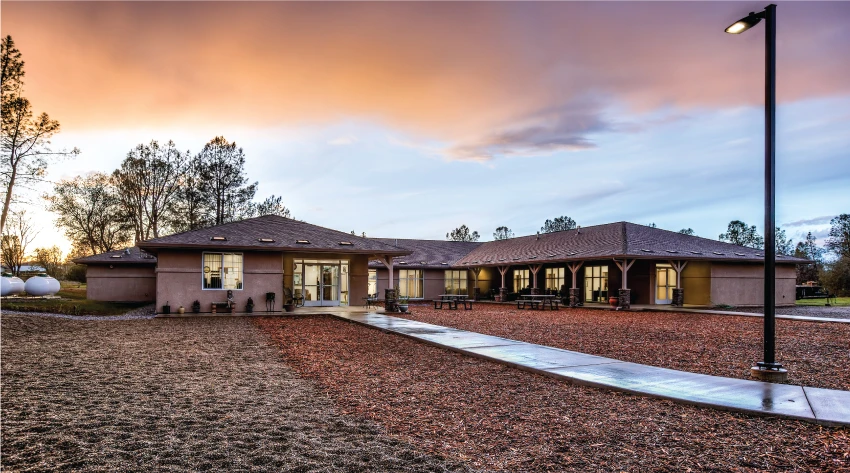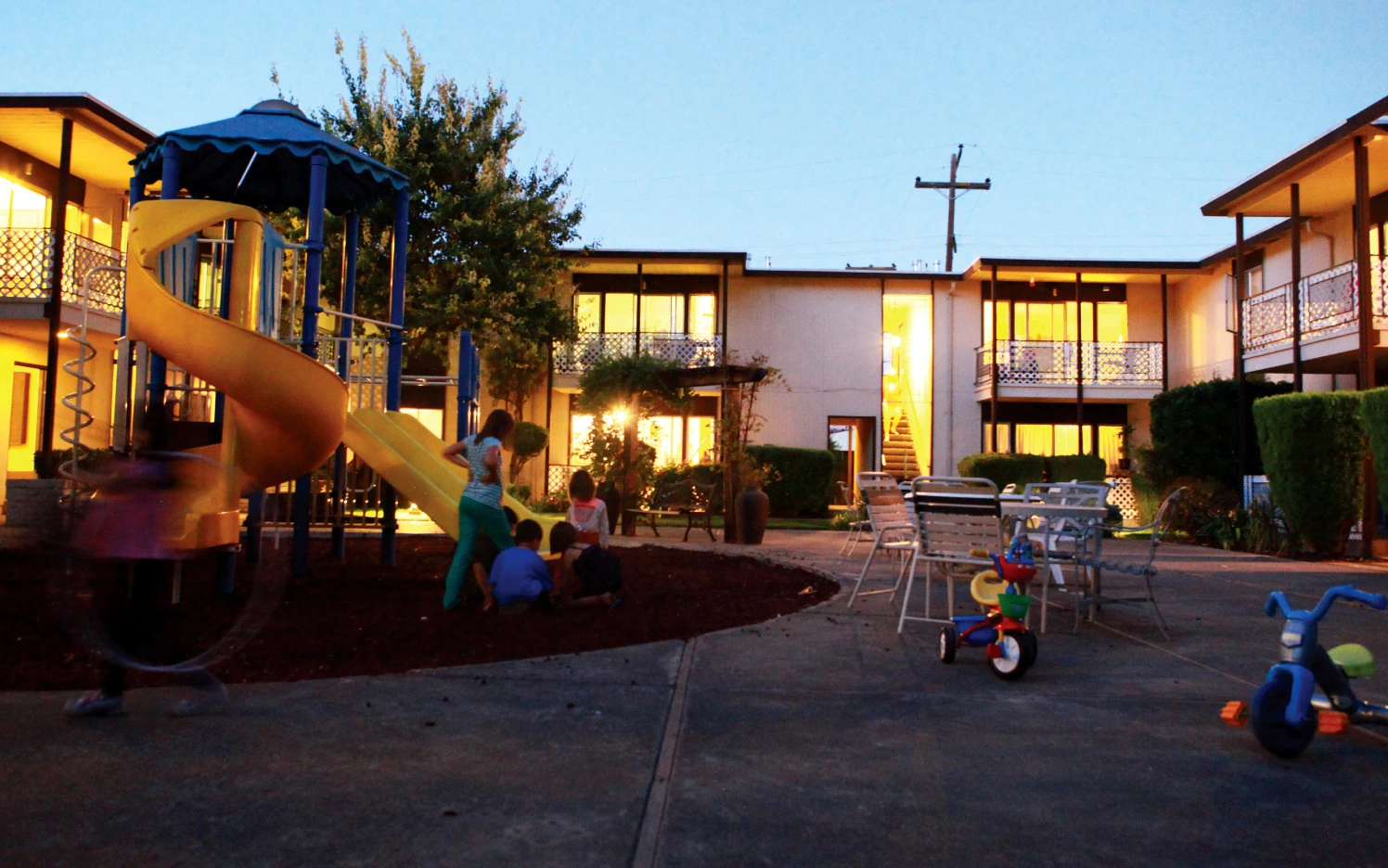Teen Challenge - Asbury Family Center Information
Treatment
Who We Treat
- Children
- Male and Female
- Couples
Treatment Focus
- Drug Addiction
- Christian
- Alcohol
Approaches
- Christian
- Family Involvement
- Spiritual Emphasis
- Family Therapy
- 1-on-1 Counseling
- Recreation Therapy
- Life Skills Training
Conditions We Treat
- Trauma
Substances We Treat
- Alcohol
Languages
- English
Level of Care
- Residential Rehab
Experience
On-Site Amenities
- Childcare for Clients Children
Personal Amenities
- Accommodations for Clients Children
- Air-Conditioned Rooms
Special Considerations
- Wheelchair Accessible
- Family Program
- Christian
Smoking and Vaping Policy
- Smoking Not Allowed
- Vaping Not Allowed
Accreditations
-
SAMHSA certification for opioid treatment program (OTP)
SAMHSA's Opioid Treatment Programs (OTPs) accreditation is a rigorous recognition process that signifies an OTP's commitment to providing high-quality care for individuals dealing with opioid use disorders. It assures patients, families, and the community that the program adheres to evidence-based practices, employs qualified staff, and maintains a safe treatment environment. This accreditation is a symbol of quality and accountability, offering confidence in the program's ability to support individuals on their path to recovery from opioid addiction.
-
State department of health
State Licenses, issued by government agencies, authorize rehabilitation organizations to legally operate within designated geographical areas. The specific licenses required for operation are typically determined by both the nature of the rehabilitation program provided by the facility and its physical location.

Additional Locations
Find the best treatment options. Call our free and confidential helpline today!









